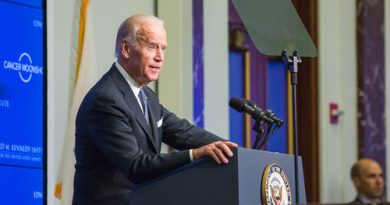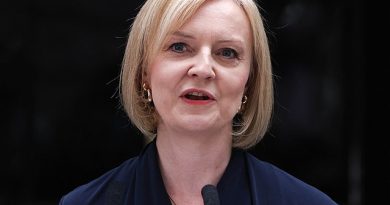France to End Sanctions on Russia Over Ukraine
By Gabriela Taveras
Staff Writer
On September 7, French President François Hollande expressed his desire to end sanctions against the Russian Federation, following alleged progress in an unstable ceasefire process in Minsk, the capital of Belarus.
Hollande commended a high-level meeting with his German, Russian, and Ukrainian counterparts. The meeting was held in September, prior to the inauguration of the United Nations’ General Assembly in New York City. “I’m not for the policy of attaining goals by making things worse,” Mr. Hollande expressed in an interview on France’s Inter Radio. “I think that sanctions must stop now.”
While expanding on his confidence that the dispute will be resolved, President Hollande stated that there had been progress in the implementation of the aforementioned ceasefire deal, struck in February between the belligerent parties in Ukraine.
In spite of this, Hollande mentioned the need to honor certain provisions that had yet to be implemented. In this regard, he stressed the need for local elections and to decentralize power in order to confer the pro-Russian east of Ukraine with more decision-making power. If these requirements are met, Hollande promised that he would request that both European and American sanctions be lifted.
Ukrainian President Petro Poroshenko endorsed President Hollande’s confident words, claiming that the peace agreement is being respected in the east of Ukraine. “Today is the first week when they have not been firing on the front, the first week when the Minsk agreements have at last begun working,” Poroshenko said.
On the other hand, leaders of other European countries and NATO cite evidence of Russia’s support of the Eastern Ukrainian rebels in the form of Russian troops and heavy artillery. The Russian government insists that any of the aforementioned “soldiers” are nothing more than volunteers sent to appease the situation and help bring stability to the chaos-ridden region.
Earlier this month, the European Union extended economic sanctions on the Russian Federation for six months as a way to exert pressure on Moscow, with a projected expiration date of January 31, 2016.
In response, the Kremlin has warned that it would “act on the principle of reciprocity,” as quoted by Dmitry Peskov, who serves as the spokesman for Russian President Vladimir Putin. He assured a retaliatory ban on agricultural imports from the EU would be in place if the sanctions continued or were strengthened. The Russian government has already begun to confiscate smuggled Western food, and burying or incinerating the goods.
These sanctions include, but are not limited to: restricting access to certain financial markets and a ban on exchanges in the energy and defense sectors, which, respectively, comprises 60 percent of Russian exports and amassed over US$13.2 billion in 2013 alone.
Belligerence between Ukrainian forces and pro-Russian rebels has claimed the lives of more than 6,400 people. These deaths continue to take place in spite of the Minsk ceasefire, which requires both parties to relinquish the usage of heavy weaponry from the frontlines.


